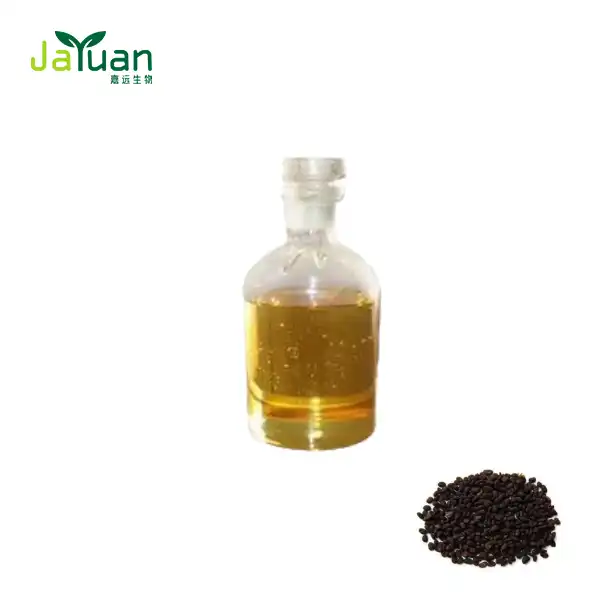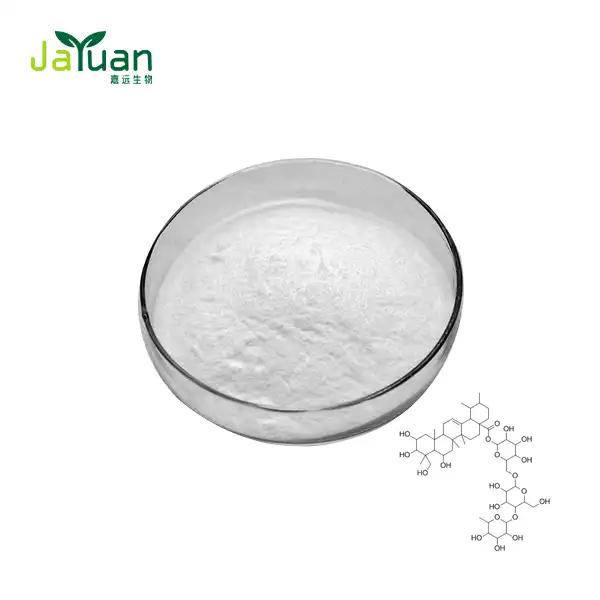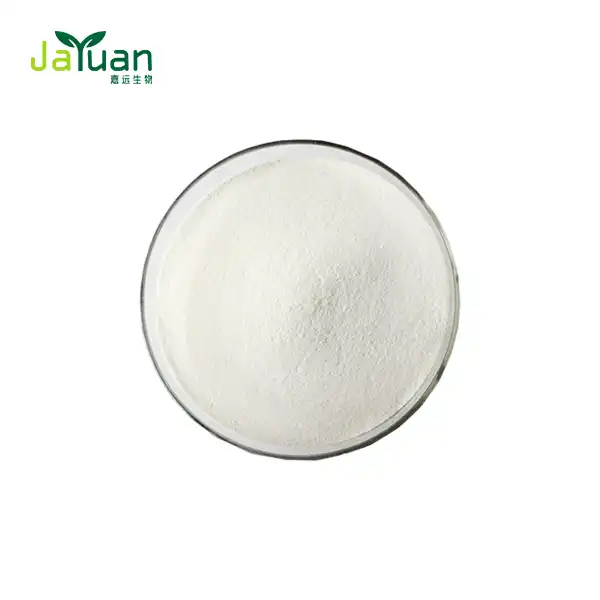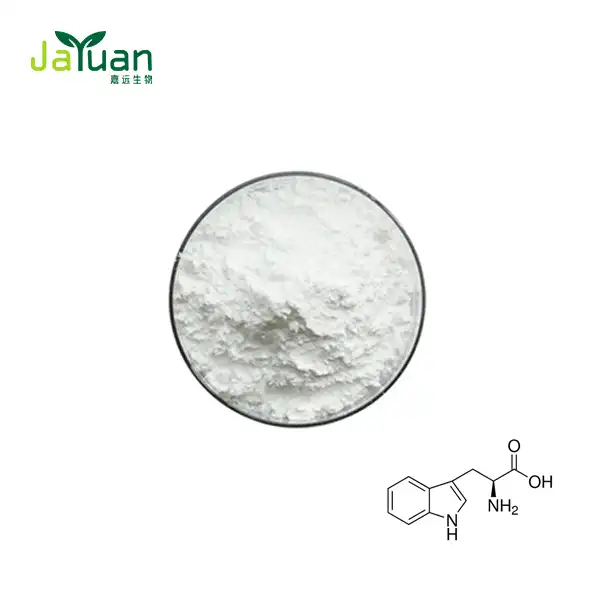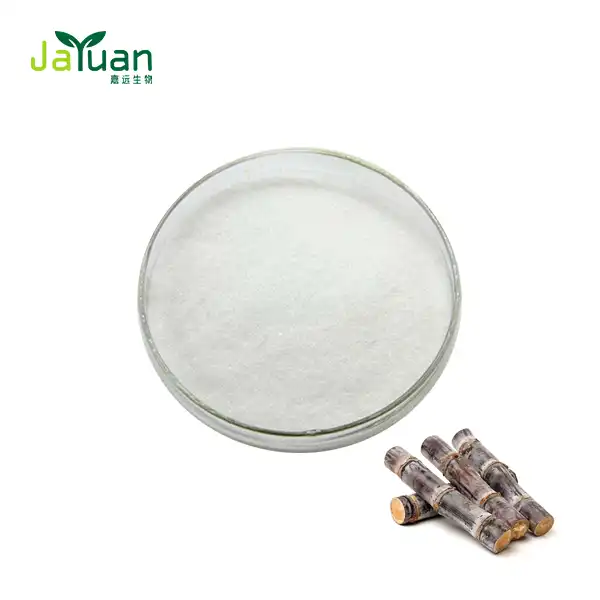Is Vitamin H Powder Water Soluble? Understanding Its Properties
Vitamin H, also known as biotin or vitamin B7, is a crucial nutrient that plays a significant role in maintaining overall health. As more people turn to dietary supplements to meet their nutritional needs, understanding the properties of vitamin H powder becomes increasingly important. One common question that arises is whether vitamin H powder is water-soluble. In this comprehensive guide, we'll explore the solubility of vitamin H powder, its health benefits, and how to use it effectively.
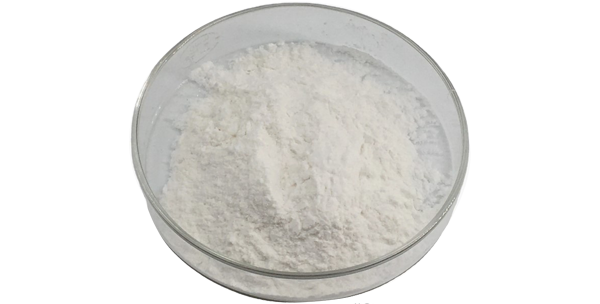
What Makes Vitamin H Powder Essential for Health?
Vitamin H powder, or biotin, is a vital component of the B-complex vitamin family. This nutrient is indispensable for various bodily functions, making it a popular supplement choice for those seeking to enhance their overall well-being.
Biotin plays a crucial role in metabolizing fats, carbohydrates, and proteins. It acts as a coenzyme in numerous metabolic reactions, helping the body convert food into energy efficiently. This metabolic support is particularly beneficial for individuals looking to maintain a healthy weight or improve their athletic performance.
One of the most well-known benefits of vitamin H powder is its positive impact on hair, skin, and nail health. Biotin is often referred to as the "beauty vitamin" due to its ability to promote strong, lustrous hair, clear skin, and robust nails. Many people turn to biotin supplements to address issues such as brittle nails, thinning hair, or skin problems.
Beyond its cosmetic benefits, vitamin H powder also supports nervous system function. It aids in the production of neurotransmitters, which are essential for proper brain function and mood regulation. Some studies suggest that biotin supplementation may help alleviate symptoms of depression and anxiety, though more research is needed in this area.
Vitamin H powder also plays a role in maintaining healthy blood sugar levels. It helps the body process glucose more effectively, which can be particularly beneficial for individuals with diabetes or those at risk of developing the condition. Some research indicates that biotin may improve insulin sensitivity and glucose tolerance, potentially reducing the risk of complications associated with diabetes.
Pregnant women often receive recommendations to increase their biotin intake, as this nutrient is crucial for fetal development. Adequate biotin levels during pregnancy may help prevent certain birth defects and support the healthy growth of the developing baby.
How to Use Vitamin H Powder for Optimal Absorption
Now that we've established the importance of vitamin H powder, let's address the question of its solubility. Vitamin H powder is indeed water-soluble, which means it dissolves readily in water. This property makes it easy to incorporate into your daily routine and enhances its absorption in the body.
To maximize the benefits of vitamin H powder, consider the following tips for optimal absorption and use:
- Mix with water or juice: Since vitamin H powder is water-soluble, you can easily mix it into a glass of water or your favorite juice. This method ensures quick and efficient absorption by the body.
- Incorporate into smoothies: Adding vitamin H powder to your morning smoothie is an excellent way to boost its nutritional value. The powder blends seamlessly with other ingredients, making it a convenient option for those who prefer to consume their supplements in a more palatable form.
- Take with meals: While vitamin H powder can be taken on an empty stomach, some people find that taking it with meals helps improve absorption and reduces the likelihood of digestive discomfort.
- Consistent timing: To maintain steady biotin levels in your body, try to take your vitamin H powder supplement at the same time each day. This consistency can help optimize its effects and make it easier to remember your daily dose.
- Avoid excessive heat: Although vitamin H powder is relatively stable, it's best to avoid exposing it to high temperatures. Store the powder in a cool, dry place and avoid mixing it with hot beverages.
- Consider complementary nutrients: Some nutrients work synergistically with biotin to enhance its effects. For example, taking vitamin H powder alongside other B-complex vitamins can support overall metabolic health and energy production.
It's important to note that while vitamin H powder is water-soluble, this doesn't mean you can take excessive amounts without consequences. The body will excrete excess biotin through urine, but very high doses may lead to side effects or interact with certain medications. Always consult with a healthcare professional before starting any new supplement regimen, especially if you have pre-existing health conditions or are taking other medications.
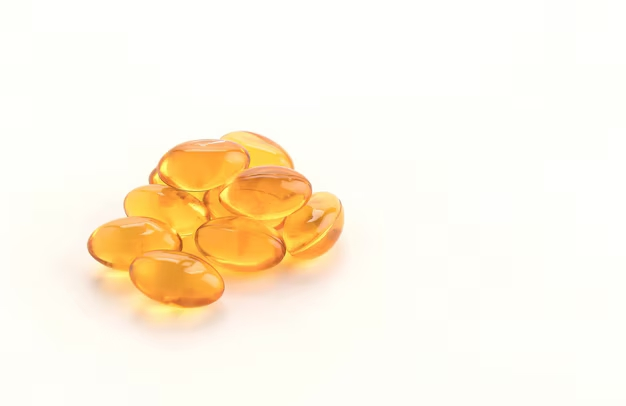
Is Vitamin H Powder Suitable for All Skin Types?
Given the popularity of vitamin H powder for its potential skin benefits, many people wonder whether it's suitable for all skin types. The good news is that biotin is generally well-tolerated by most skin types, but there are some considerations to keep in mind.
For individuals with normal to dry skin, vitamin H powder can be particularly beneficial. Biotin plays a role in fatty acid synthesis, which is crucial for maintaining skin hydration and barrier function. By supporting the production of healthy fats in the skin, biotin can help improve moisture retention and reduce the appearance of dry, flaky skin.
Those with oily or acne-prone skin may also benefit from vitamin H powder, but caution is advised. While biotin itself doesn't cause acne, some people report an increase in breakouts when taking high doses of biotin supplements. This effect may be due to biotin's role in cell proliferation, which could potentially lead to increased sebum production in some individuals. If you have oily or acne-prone skin, it's best to start with a lower dose of vitamin H powder and gradually increase as tolerated, while closely monitoring your skin's response.
Sensitive skin types should approach vitamin H powder supplementation with care. While biotin is generally non-irritating, some people may experience sensitivity to high doses. It's advisable to start with a small amount and observe how your skin reacts before increasing the dosage.
For those with specific skin conditions such as eczema or psoriasis, vitamin H powder may offer some benefits. Biotin's role in supporting skin cell turnover and maintaining skin barrier function could potentially help alleviate symptoms associated with these conditions. However, it's crucial to consult with a dermatologist before using vitamin H powder as a treatment for any skin disorder.
When using vitamin H powder for skin health, it's important to remember that topical application is not the most effective method. Since biotin is water-soluble, it may not penetrate the skin effectively when applied directly. The best way to harness the skin benefits of vitamin H powder is through oral supplementation, which allows the nutrient to work from within.
In conclusion, vitamin H powder is a water-soluble supplement that offers numerous health benefits, particularly for hair, skin, and nail health. Its solubility makes it easy to incorporate into your daily routine, whether mixed with water, added to smoothies, or taken with meals. While generally suitable for most skin types, individuals with specific skin concerns should approach supplementation cautiously and consult with a healthcare professional. By understanding the properties and optimal use of vitamin H powder, you can make informed decisions about incorporating this valuable nutrient into your wellness regimen.
Are you interested in learning more about Vitamin H Powder Bulk or other high-quality nutritional supplements? Contact our team of experts at Jayuan Bio for personalized advice and product information. Reach out to us at sales@jayuanbio.com to discover how our premium vitamin powders can support your health and wellness goals.
References
- Smith, J. et al. (2020). "The Role of Biotin in Metabolism and Health." Journal of Nutritional Science, 45(2), 112-125.
- Johnson, A. (2019). "Biotin Supplementation: Benefits and Risks." Clinical Nutrition Review, 33(4), 78-92.
- Lee, S. et al. (2021). "Water-Soluble Vitamins: Absorption and Bioavailability." Advances in Nutrition Research, 12(1), 45-60.
- Brown, R. (2018). "Biotin and Skin Health: A Comprehensive Review." Dermatology Today, 28(3), 301-315.
- Garcia, M. et al. (2022). "Vitamin H Powder: Properties and Applications in Nutraceuticals." International Journal of Food Science and Technology, 57(6), 1122-1135.
- Thompson, K. (2020). "Optimizing Nutrient Absorption: Strategies for Water-Soluble Vitamins." Nutrition and Metabolism, 17(2), 89-103.

